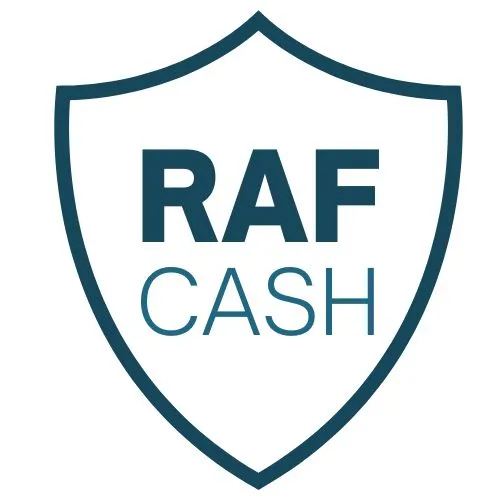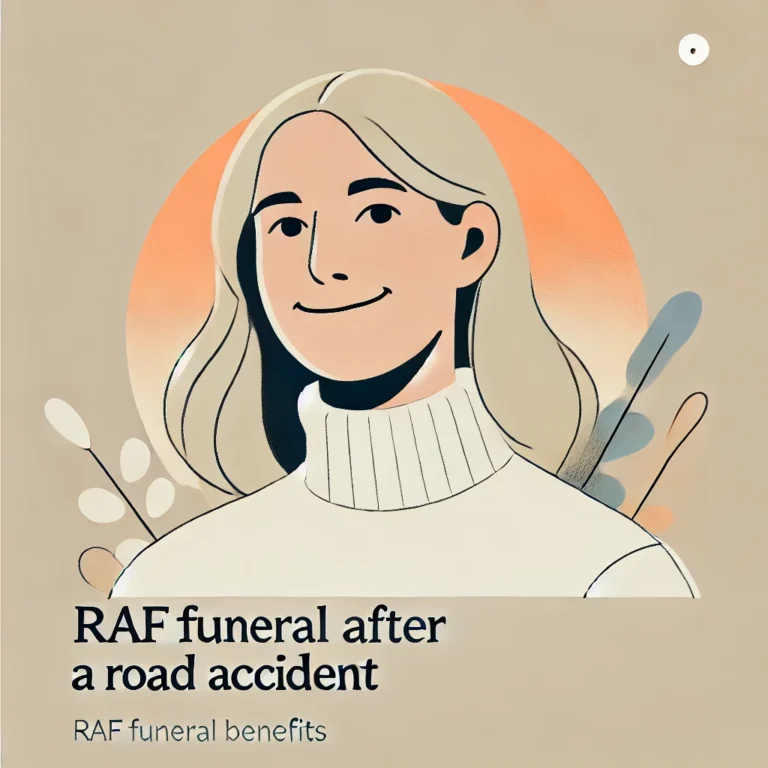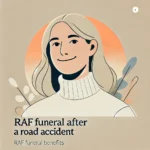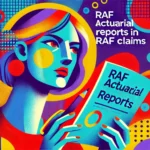Understanding RAF Funeral Benefits: A Lifeline in Tragedy
When tragedy strikes on the roads of South Africa, the emotional and financial toll can be overwhelming. In the aftermath of a road accident, dealing with the loss of a loved one is a burden that no one should have to bear alone. The Road Accident Fund (RAF) in South Africa offers a vital lifeline in these dark times through RAF Funeral Benefits. But what exactly are these benefits, and how can they ease the strain of an already difficult situation?

What Are RAF Funeral Benefits?
RAF Funeral Benefits are financial provisions offered by the Road Accident Fund to cover the costs associated with the burial or cremation of a loved one who has tragically passed away due to a road accident. These benefits are designed to alleviate the financial burden on families, ensuring that they can focus on mourning and healing rather than worrying about funeral expenses.
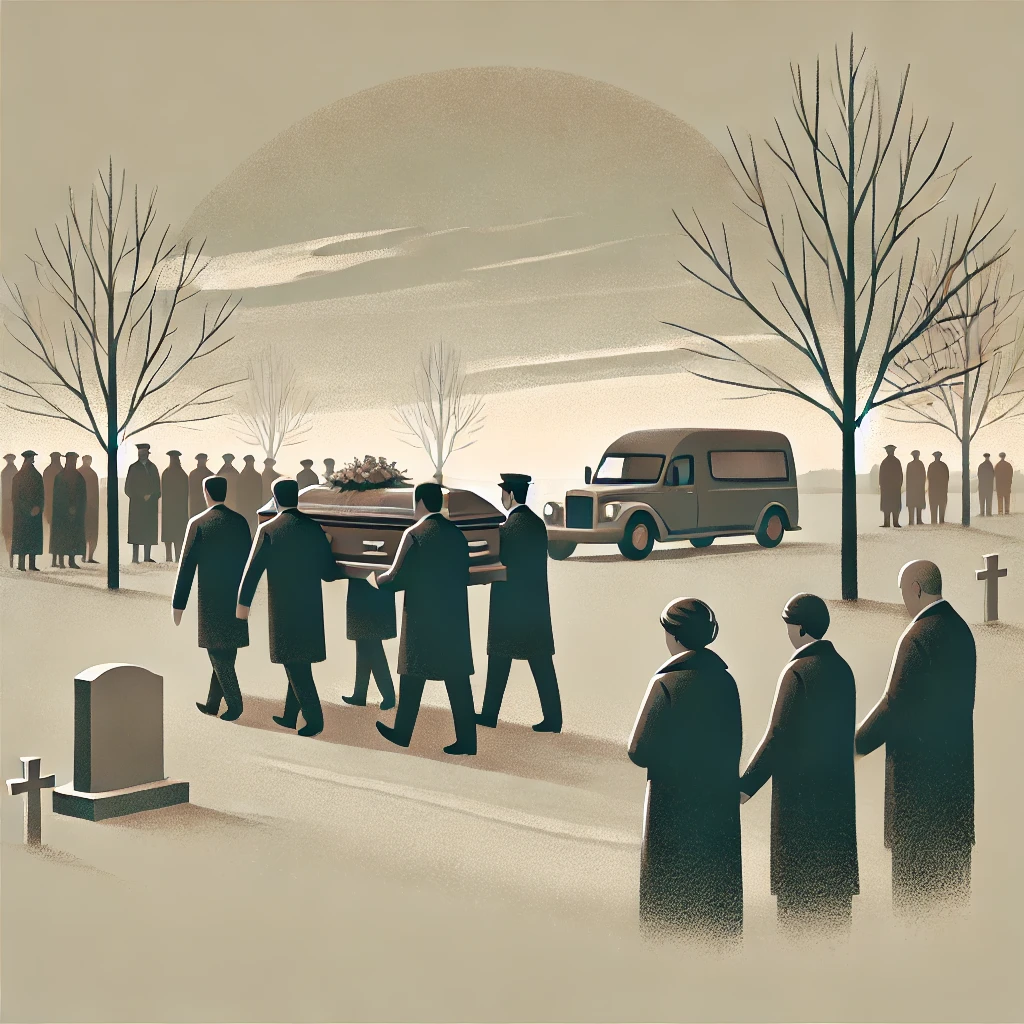
Why Are RAF Funeral Benefits Important?
Losing a loved one is never easy, and the suddenness of a road accident can make the situation even more challenging. Funeral costs in South Africa can range significantly, often reaching tens of thousands of rands. For many families, this unexpected expense can be a source of significant stress. The RAF Funeral Benefits provide much-needed relief, allowing families to give their loved ones a dignified farewell without the added worry of financial strain.

Who Qualifies for RAF Funeral Benefits?
Understanding Eligibility: Who Can Claim?
The RAF Funeral Benefits are available to the family members or legal representatives of individuals who have lost their lives due to road accidents in South Africa. However, it’s essential to understand the specifics of eligibility to ensure that a claim is processed smoothly.
Immediate Family Members: Spouses, children, and parents of the deceased are typically eligible to claim RAF Funeral Benefits. These individuals are often the most directly affected by the loss and are therefore prioritized in the claims process.
Legal Representatives: In some cases, a legal representative, such as an executor of the estate, may be required to claim on behalf of the deceased’s family. This is particularly relevant in cases where the family structure is complex, or disputes arise regarding the distribution of benefits.
Dependents: If the deceased was the primary breadwinner, dependents who relied on them financially might also be eligible to claim RAF Funeral Benefits. This ensures that those most affected by the loss are supported during their time of need.

The Application Process: Navigating the System
Applying for RAF Funeral Benefits can seem daunting, but understanding the process can make it more manageable. Here’s a step-by-step guide to help you navigate the system:
Gathering Documentation: To claim RAF Funeral Benefits, you will need to provide several key documents, including the death certificate, proof of funeral expenses, and identification documents for the claimant and the deceased.
Filing the Claim: Claims can be filed directly with the Road Accident Fund or through a legal representative. It’s important to ensure that all documentation is accurate and complete to avoid delays in processing.
Processing Time: The time it takes for the RAF to process a claim can vary, but it typically ranges from several weeks to a few months. Staying in contact with the RAF and providing any additional information they request promptly can help speed up the process.
Receiving the Benefit: Once the claim is approved, the RAF Funeral Benefit is typically paid directly to the claimant or the funeral service provider, depending on the circumstances. This payment can cover a range of funeral-related expenses, from the coffin to the burial or cremation costs.

What Does the RAF Funeral Benefit Cover?
Breaking Down the Costs: What’s Included?
The RAF Funeral Benefit is designed to cover the essential costs associated with laying a loved one to rest. While the specifics can vary depending on the circumstances, here’s a breakdown of what is typically included:
Coffin or Casket: The cost of the coffin or casket is often one of the most significant expenses in a funeral. The RAF Funeral Benefit can cover this cost, ensuring that the deceased is laid to rest in a dignified manner.
Burial or Cremation: Whether you choose burial or cremation, the RAF Funeral Benefit can help cover the associated costs. This includes the preparation of the body, the gravesite, or cremation fees.
Funeral Service Costs: The benefit may also cover the costs of the funeral service itself, including venue hire, officiant fees, and any other associated costs.
Transportation of the Body: If the deceased needs to be transported from the accident site or hospital to the funeral home, these costs can be covered under the RAF Funeral Benefit.
Other Funeral-Related Expenses: In some cases, additional expenses, such as flowers, programs, or catering for the funeral service, may also be covered. It’s important to discuss these details with the RAF or your legal representative to understand what is eligible for coverage.
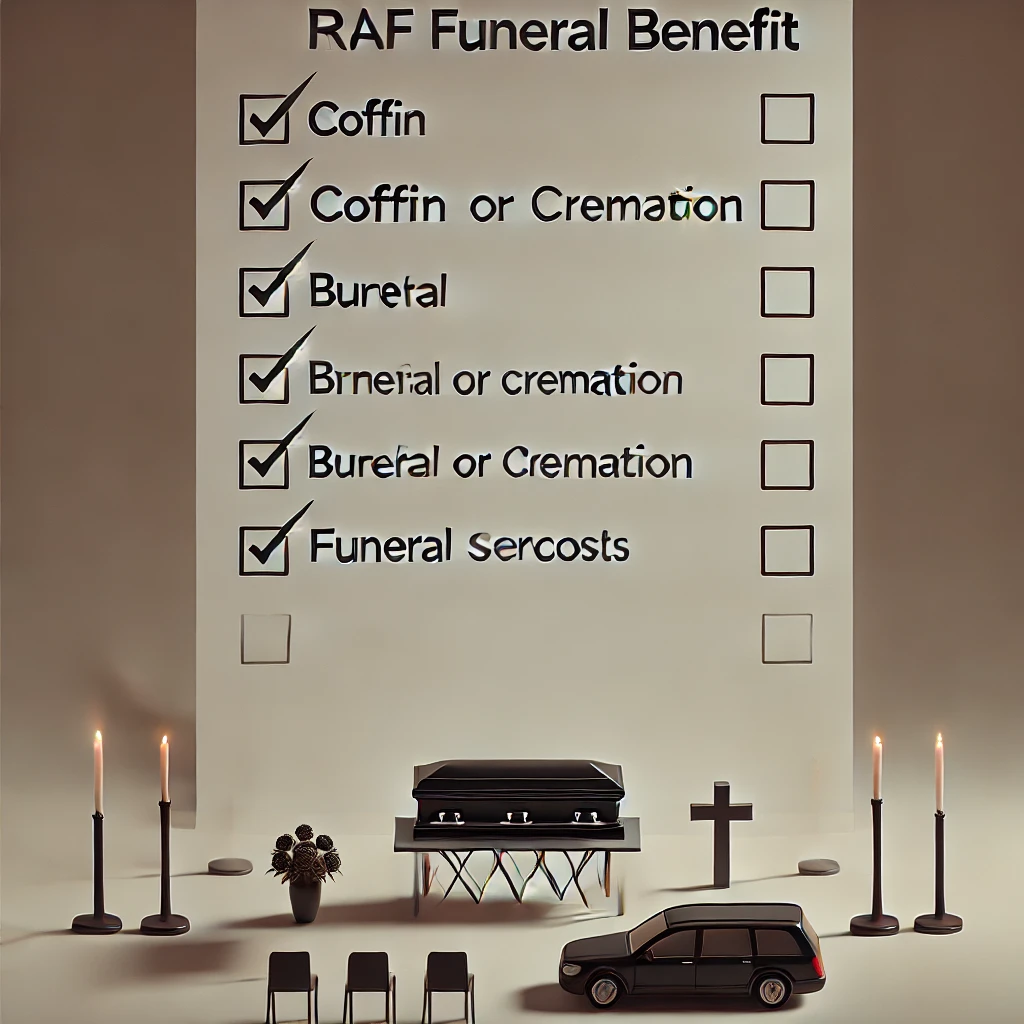
What’s Not Covered: Understanding the Limitations
While the RAF Funeral Benefit is comprehensive, it’s important to understand that not all expenses may be covered. For example, costs related to memorials or tombstones may not be included. Additionally, any expenses that exceed the maximum benefit amount set by the RAF will need to be covered by the family.
Common Pitfalls and How to Avoid Them
Navigating Challenges: What to Watch Out For
While the RAF Funeral Benefit is a valuable resource, there are several common pitfalls that claimants should be aware of:
Incomplete Documentation: One of the most common reasons for delays in processing RAF Funeral Benefit claims is incomplete or inaccurate documentation. Ensure that all required documents are gathered and thoroughly checked before submitting your claim.
Missed Deadlines: The RAF imposes strict deadlines for filing claims. Missing these deadlines can result in a claim being denied, so it’s crucial to act promptly after the death of a loved one.
Underestimating Costs: It’s important to have a clear understanding of the potential costs associated with a funeral. If the expenses exceed the RAF’s maximum benefit amount, you may need to cover the difference out of pocket.
Lack of Communication: Staying in regular contact with the RAF or your legal representative is essential to ensure that your claim is progressing smoothly. Don’t hesitate to follow up if you haven’t received updates on your claim’s status.

Real-Life Examples: Lessons from the Field
Case Study: A Family’s Journey Through the RAF Funeral Benefit Process
Consider the story of the Mokoena family, who tragically lost their son in a road accident. The sudden loss was devastating, and the financial burden of planning a funeral added to their grief. Fortunately, they were able to claim RAF Funeral Benefits, which covered the costs of the coffin, burial, and transportation of the body.
Despite some initial challenges with documentation, the family worked closely with a legal representative to ensure that all necessary paperwork was in order. Their claim was processed within two months, and the benefits provided much-needed relief during a difficult time.
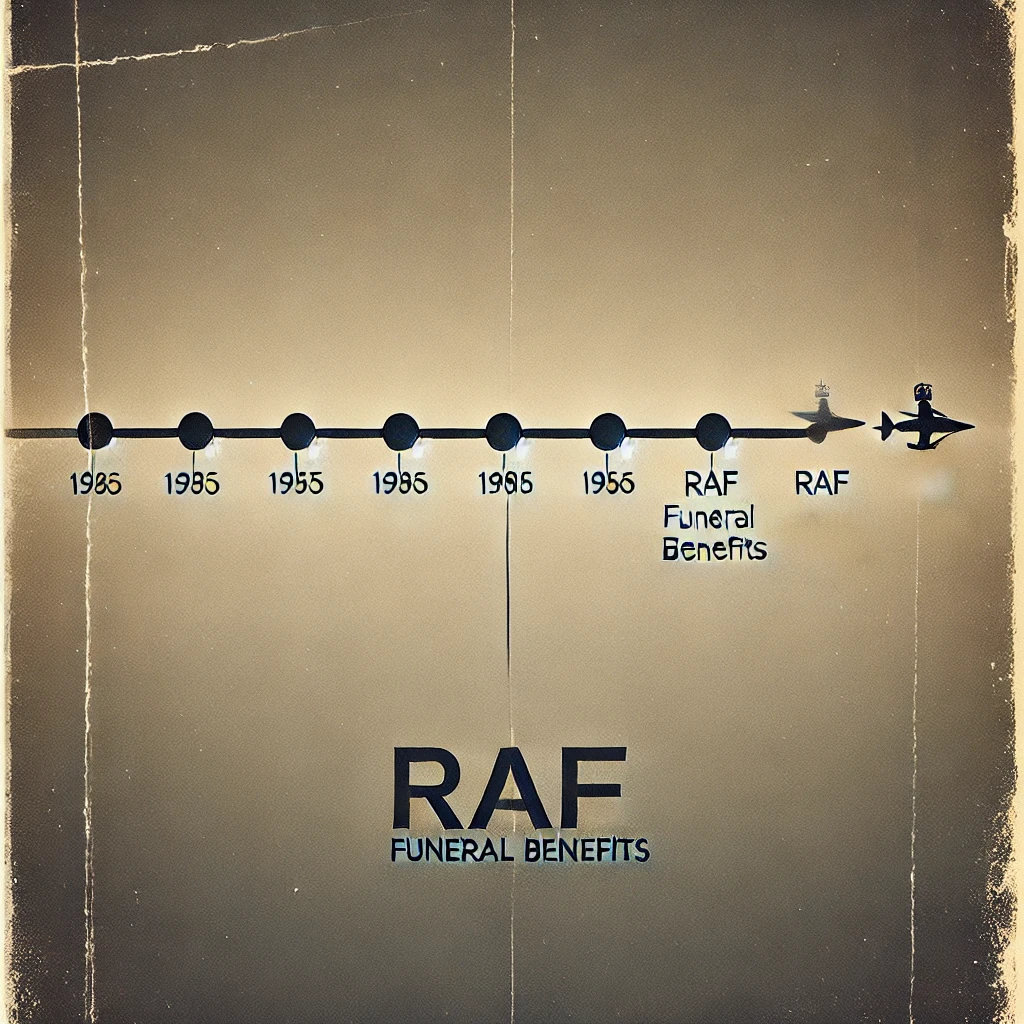
Historical Context: How RAF Funeral Benefits Have Evolved
The concept of funeral benefits provided by the RAF has evolved over the years. Initially, the focus was primarily on compensating victims of road accidents for medical expenses and loss of income. However, as the need for comprehensive support for families became evident, the RAF expanded its scope to include funeral benefits.
This evolution reflects a growing recognition of the broader impact that road accidents can have on families and communities. By providing financial assistance for funerals, the RAF acknowledges the importance of helping families navigate the aftermath of a tragedy with dignity and support.
Final Thoughts: The Value of RAF Funeral Benefits
The RAF Funeral Benefit is more than just a financial provision; it’s a lifeline for families facing the unimaginable loss of a loved one due to a road accident. By understanding the benefits, eligibility, and application process, families can ensure that they receive the support they need during this challenging time.

In the midst of grief, the last thing anyone should have to worry about is money. The RAF Funeral Benefits are there to help ease that burden, allowing families to focus on what truly matters—honoring the memory of their loved one.
As you navigate the complexities of the RAF Funeral Benefit, remember that you don’t have to do it alone. Whether through legal representation or direct communication with the RAF, there are resources available to help guide you through the process. In times of loss, support is not just a luxury—it’s a necessity. The RAF Funeral Benefit is one way to ensure that no family is left to face the aftermath of a road accident without the help they deserve.

